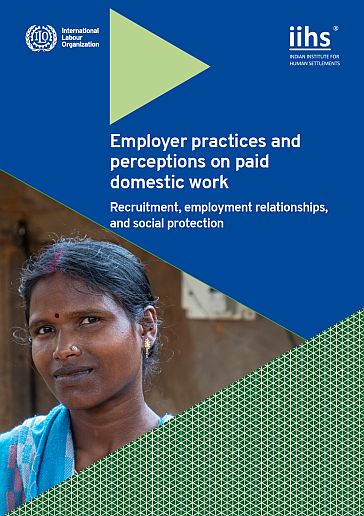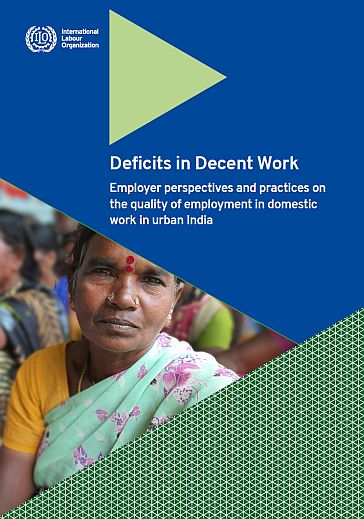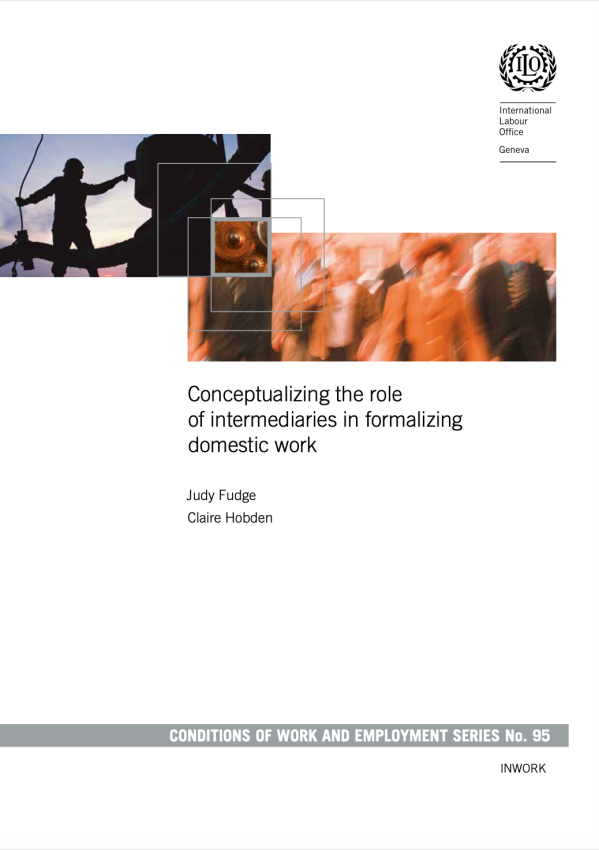ILO announces winners of Global Media Competition
Posted at December 18th 2021 12:00 AM | Updated as of December 18th 2021 12:00 AM
Region/Country :
|Themes : , ,
Promoting fair and ethical recruitment in a digital world
Digital technology platforms are proliferating, particularly as more countries move processes online in response to the COVID-19 pandemic. These platforms, if well-designed and implemented, have the potential to play a key role in supporting fair and ethical recruitment, particularly in promoting institutional transparency, efficiency, reduced cost of recruitment, and government oversight.
Digital technology platforms are proliferating, particularly as more countries move processes online in response to the COVID-19 pandemic. These platforms, if well-designed and implemented, have the potential to play a key role in supporting fair and ethical recruitment, particularly in promoting institutional transparency, efficiency, reduced cost of recruitment, and government oversight.




